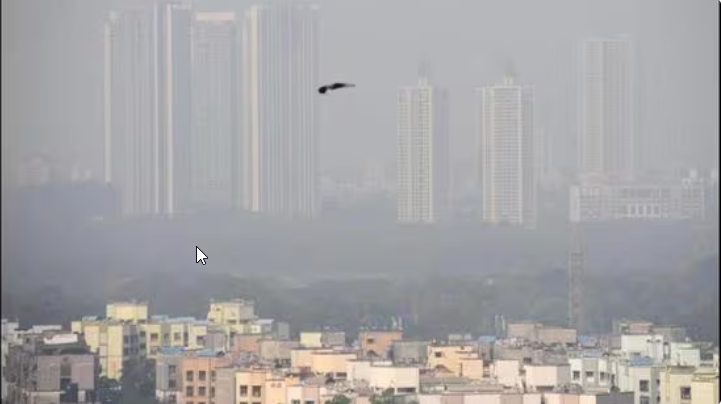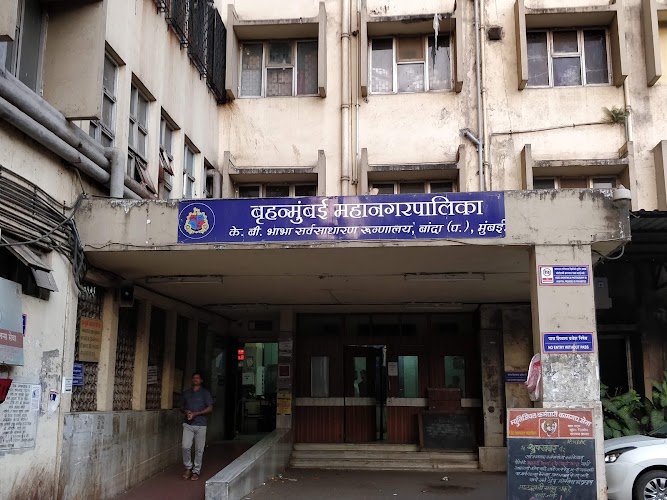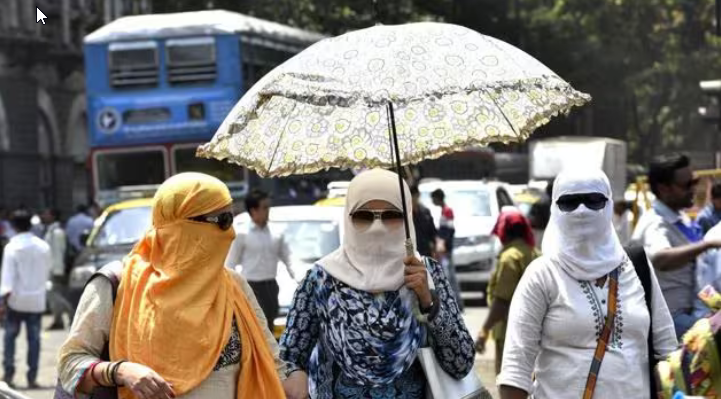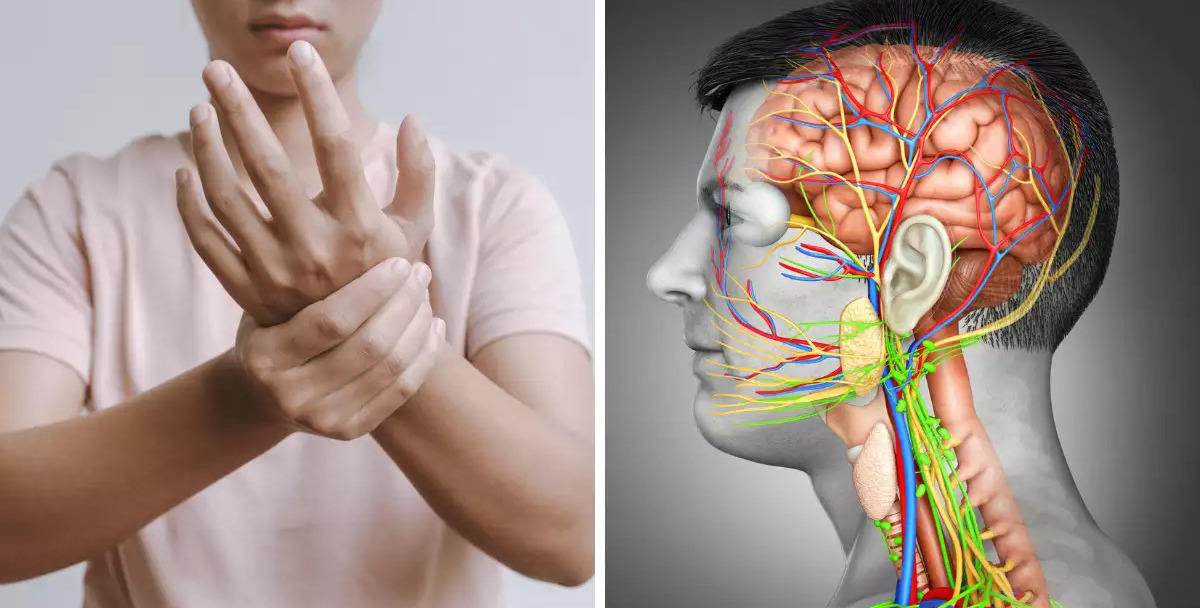A group of scientists in the wake of examining tissue expelled from patients' noses during medical procedure accepts they may have found the motivation behind why such a large number of individuals with COVID-19 lose their feeling of smell, in any event, when they have no different indications.
In their analyses, they discovered amazingly elevated levels of angiotensin-changing over compound II (ACE-2) just in the territory of the nose liable for smelling. This Enzyme is believed to be the "section point" that permits coronavirus to get into the cells of the body and cause contamination.
The analysts state their discoveries, distributed in the European Respiratory Journal, offer signs concerning why COVID-19 is so irresistible and propose that focusing on this piece of the body might offer more viable medicines.
The investigation was by Professor Andrew P Lane, head of the division of rhinology and skull base medical procedure, and Dr. Mengfei Chen, research partner, and associates from Johns Hopkins University School of Medicine, Baltimore, USA.
Teacher Lane stated: "I have some expertise in nasal and sinus issues, so the loss of the feeling of smell in COVID-19 is of specific clinical enthusiasm to me. While other respiratory infections by and large reason loss of the feeling of smell through the impediment of wind current because of growing of the nasal sections, this infection here and there causes loss of smell without other nasal manifestations."
The group utilized tissue tests from the rear of the nose of 23 patients, evacuated during endoscopic surgeries for conditions, for example, tumors or constant rhinosinusitis, an incendiary illness of the nose and sinus. They additionally contemplated biopsies from the (windpipe) of seven patients. None of the patients had been determined to have coronavirus.
In the lab, the specialists utilized fluorescent colors on the tissue tests to distinguish and picture the nearness of ACE2 under a magnifying instrument and think about degrees of ACE2 in various cell types and parts of the nose and upper aviation route.
They found by a wide margin the most ACE2 on the covering cells of the olfactory epithelium, the zone at the rear of the nose where the body recognizes smells. The degrees of ACE2 in these cells was somewhere in the range of 200 and multiple times higher than other tissue in the nose and windpipe, and they discovered likewise elevated levels in all the examples of the olfactory epithelium, whether or not the patient had been treated for ceaseless rhinosinusitis or another condition. ACE2 was not identified on olfactory neurons, the nerve cells that pass data about the smell to the cerebrum.
Dr. Chen stated: "This procedure permitted us to see that the degrees of ACE2 - the COVID-19 'passage point' protein was most noteworthy in the piece of the nose that empowers us to smell. These outcomes propose that this region of the nose could be the place the coronavirus is picking up section to the body. The olfactory epithelium is a significant simple piece of the body for an infection to come to, it's not covered away somewhere down in our body, and the exceptionally elevated levels of ACE2 that we discovered there may clarify why it's so natural to get COVID-19."
Teacher Lane included: "We are presently accomplishing more trials in the lab to see whether the infection is without a doubt utilizing these cells to get to and contaminate the body. On the off chance that that is the situation, we might have the option to handle the disease with antiviral treatments conveyed straightforwardly through the nose."
Tobias Welte, who was not associated with the exploration, is the European Respiratory Society Past President, Professor of Pulmonary Medicine, and Director of the Department of Pulmonary and Infectious Diseases at Hannover University School of Medicine, Germany. He stated: "We realize that numerous basic respiratory contaminations, for example, hacks and colds, can comprehend smell close by a blocked nose or a sensitive throat. The past examination has indicated that COVID-19 is uncommon in that being not able to smell can be the main side effect. This is an astute report that analyzes why that may be the situation."
"It recommends that the piece of our nose answerable for smell could likewise be where the coronavirus increases traction in the body. This seeing will require as affirmed, however it offers conceivable new roads for treating the contamination," Welte included.
Different scientists who took part in this investigation incorporate Wenjuan Shen, Nicholas R. Rowan Heather Kulaga, Alexander Hillel, and Murugappan Ramanathan Jr.

 In their experiments, they found extremely high levels of angiotensin-converting enzyme II (ACE-2) only in the area of the nose responsible for smelling
In their experiments, they found extremely high levels of angiotensin-converting enzyme II (ACE-2) only in the area of the nose responsible for smelling



















.jpeg)



.jpg)




.jpg)





.jpeg)

.jpg)


